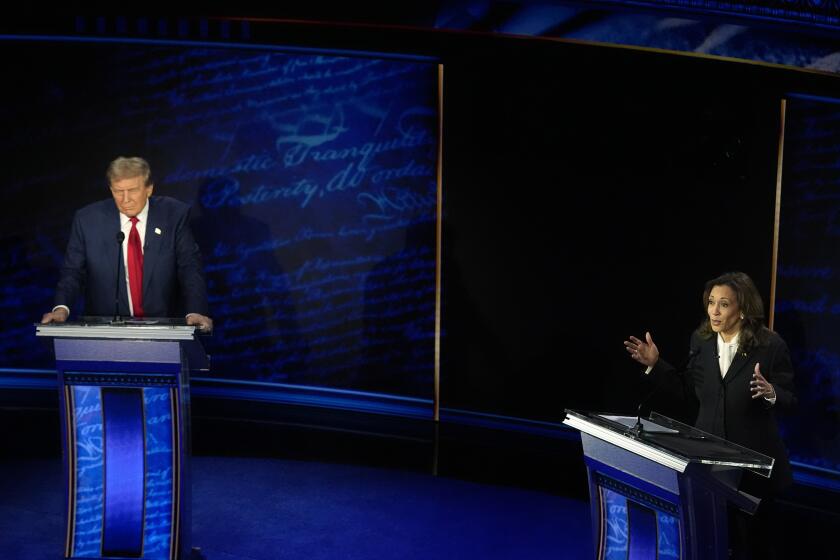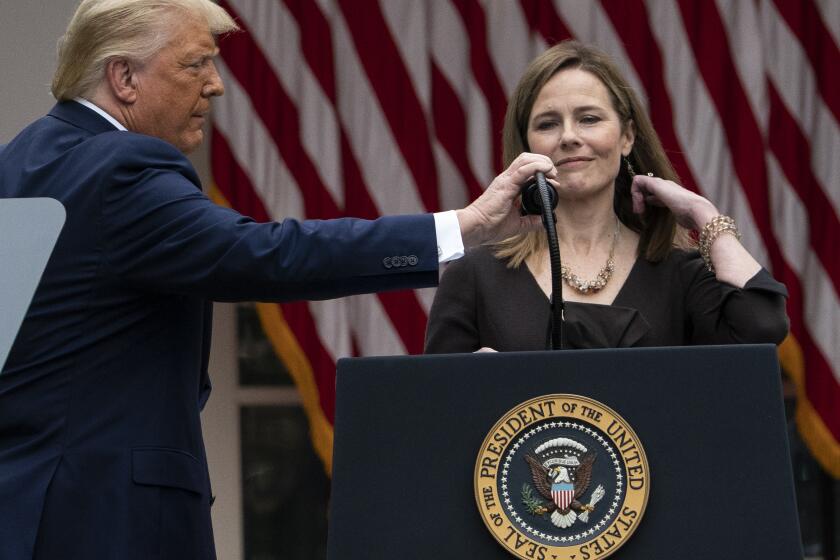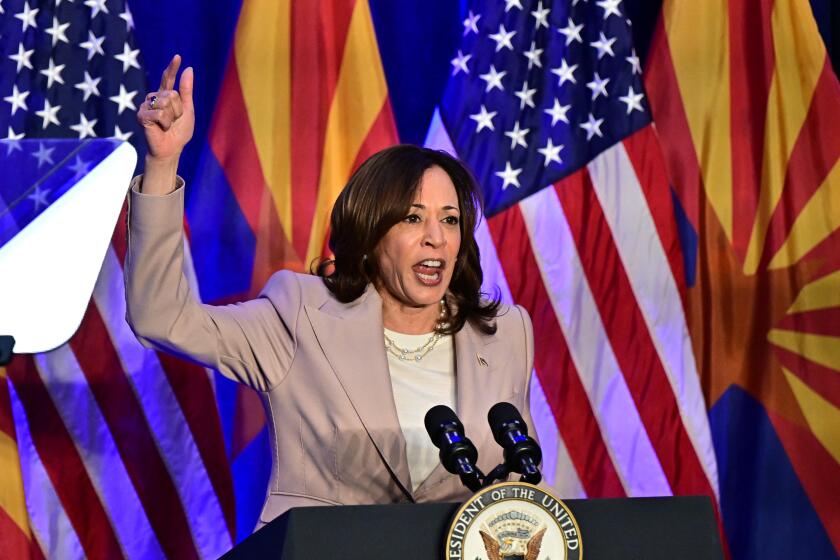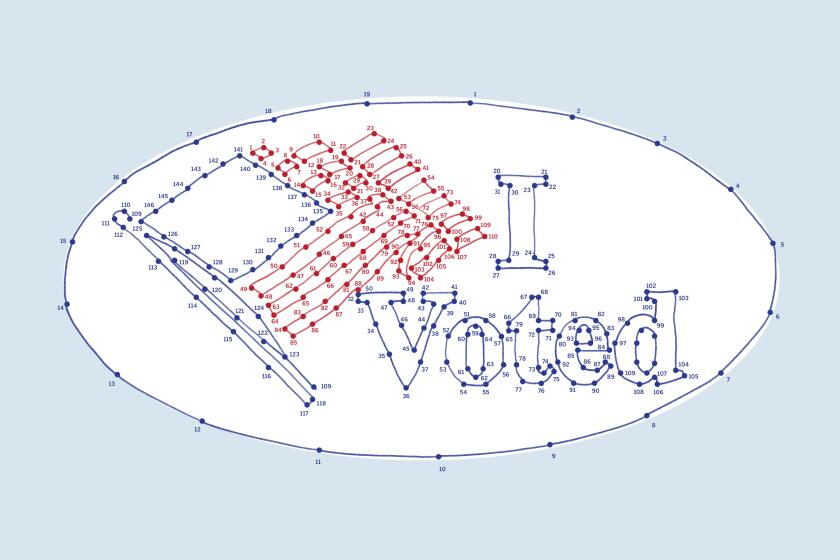Abortion rights, always a polarizing issue in American politics, became an electoral tinderbox in 2022 after the Supreme Court overturned Roe vs. Wade, the landmark decision to create a federal right to abortion access. Democrats have seized upon the issue of women’s bodily autonomy, notably in the 2024 presidential election, in part because it could motivate the critical bloc of suburban women voters in swing states.
The prospect of women not having access to abortion was theoretical in many voters’ minds until the Supreme Court’s decision in Dobbs vs. Jackson Women’s Health Organization, which set in motion a domino effect of widely varying laws about abortion in the states. As of June, 14 states had enacted total bans on the medical procedure, according to the Guttmacher Institute, a nonprofit research organization that supports abortion access.
Other states have enacted restrictions at various stages in pregnancy. The end result of all of the laws is many American women traveling to receive reproductive care, more than 171,000 in 2023, according to the institute. ProPublica reported on Sept. 16 that two Georgia women died after being unable to access legal abortion and timely medical care there, including a 28-year-old single mother who traveled to another state to obtain a prescription for a medical abortion, but then had rare complications because the fetal tissue was not fully expelled from her body.
Care that is routinely provided in such situations was significantly delayed, resulting in Amber Nicole Thurman getting a sepsis infection that caused her blood pressure to plummet and her organs to fail, according to the ProPublica report. Twenty hours later, after doctors decided to operate, her heart stopped. A state committee focused on pregnancy-related fatalities concluded that her death was “preventable.”
Democratic presidential nominee Kamala Harris weighed in the day after the report was published, saying that such tragedies are the direct result of former President Trump’s Supreme Court appointees who voted to strike down Roe.
“This young mother should be alive, raising her son, and pursuing her dream of attending nursing school,” the vice president said in a statement. “In more than 20 states, Trump Abortion Bans are preventing doctors from providing basic medical care. Women are bleeding out in parking lots, turned away from emergency rooms, losing their ability to ever have children again. Survivors of rape and incest are being told they cannot make decisions about what happens next to their bodies. And now women are dying. These are the consequences of Donald Trump’s actions.”
There have also been multiple reports of woman suffering miscarriages and other medical emergencies who struggled to get care.































